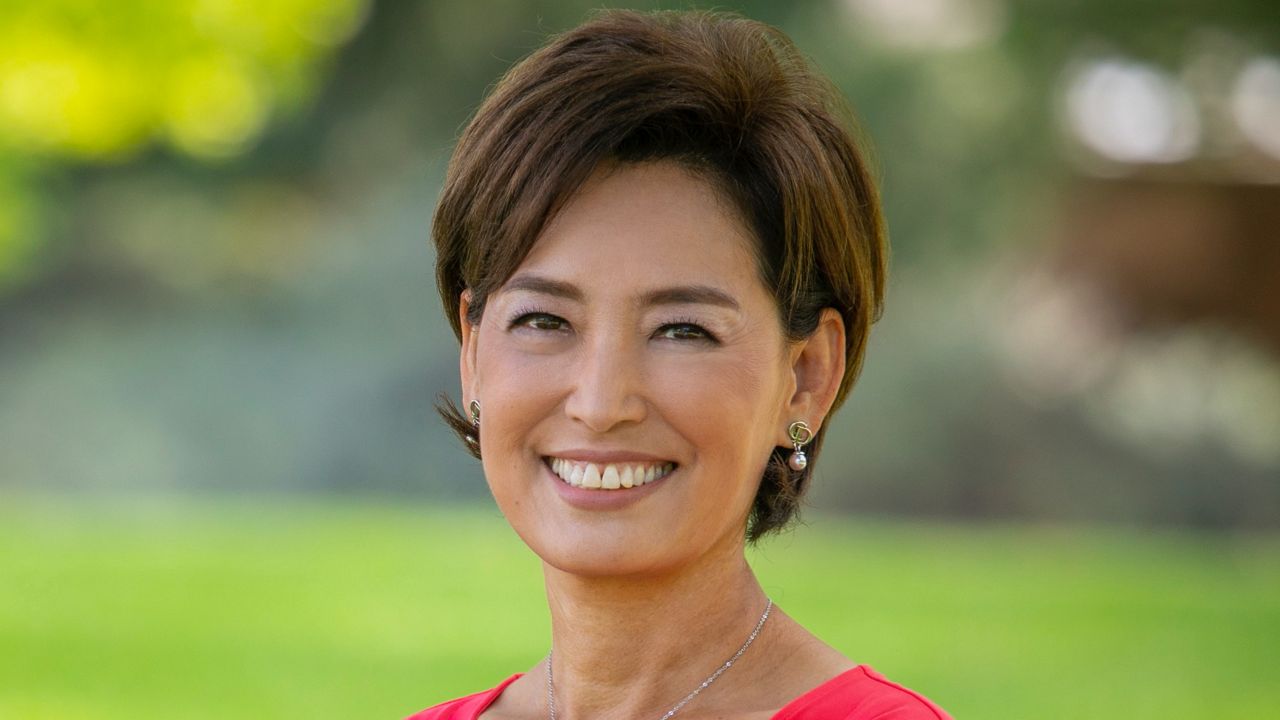ORANGE COUNTY, Calif. — Twenty-five years ago, Young Kim did outreach for Republicans in Orange County, going door-to-door, making phone calls, calling constituents by first names while learning how they felt about the government. She still does outreach, only now she’s the congresswoman-elect of the 39th District.
Her ascendance is the story of decades working in the district she will now represent in the U.S. House of Representatives, first as an aid to Ed Royce, then in various capacities, including holding a state assembly seat.
But Kim is also part of a new wave of House members who Republicans say are better representations of the district they now advocate for. Kim joins 32 others in the House and Senate of varying ethnic backgrounds, nullifying a once loud argument from Democrats that the GOP was too old and too white. Kim is the first Korean-American elected to Congress, along with Michelle Steel, who will represent California’s 48th district, and Marilyn Strickland, who is also Black.
Kim’s entrance into national politics came at the expense of Gil Cisneros, a lottery winner, Latino, and former Republican who lost narrowly in a district President-elect Joe Biden won.
“I think that was possible because voters were tired of dysfunction,” she said, an off-handed characterization of Donald Trump’s presidency.
In her campaign, Kim added flashes of resistance against the president’s rhetoric, decrying his use of the term “kung flu” to describe the coronavirus. Her narrow victory over Cisneros came after aggressive efforts to link her to Trump.
Kim’s road to national politics has been hard-fought. After her years as a communications director for Royce, she ran for state assembly, beating Sharon Quirk-Silva in 2014 in the 65th Assembly District. She lost in a rematch two years later, and she lost her first shot at Cisneros when she gave up a chance to run for the Orange County Board of Supervisors.
National Republicans helped her get this last win, funneling money to match the great efforts Democrats put into out-raising opponents at nearly every level.
“We did do a better job nationwide of recruiting candidates who looked like the district,” said Fred Whitaker, chairman of the Republican Party of Orange County.
Whitaker called Kim “a good messenger” for Republican values and policy ideas and said her style was in sharp contrast to that of the outgoing president.
“There isn’t really any significant policy difference between the House or Senate or the White House,” Whitaker said. “It’s how the policy is delivered.”
One of Kim’s campaign messages was bipartisanship, a not uncommon message in such a divisive election season. Other campaign talking points are also familiar, like her views on effective government: “We’ve got to, at some point, stop the rhetoric and talk about bringing common sense leadership. It’s long past due.”
Kim did win only narrowly in a district that still has significant support for Democrats. And while she did cast doubts on the functionality of the current administration, she did not decry the president’s unwillingness to concede defeat, instead saying he had a right to every legal process.
But she also points to her criticism of the “dysfunction” in the White House, citing that as proof that she has a mind of her own, consistent with party values, but independent of Trump dogmatism. Her interest, she said, is to get Congress back to work. She advocates for a new coronavirus bill that would allocate more money for businesses and distributions for a vaccine.
“In this freshman class I’ve found some many of us are foreign born, hyphenated Americans. We chose to be Americans,” she said. “We want to make sure that the American dream is available for others.”



